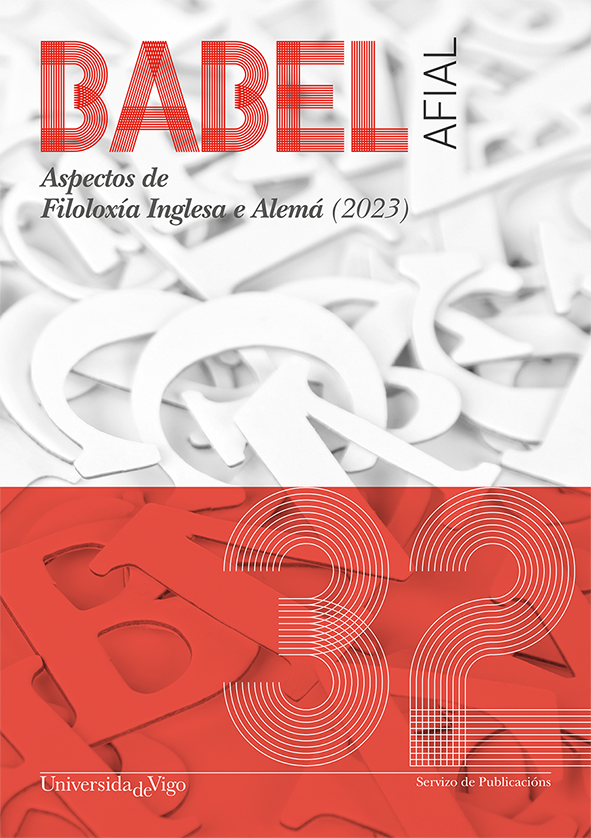Características ortográficas en Londres, Biblioteca Wellcome, MS 3731 (ff. 3r-43r, f. 125v)
DOI:
https://doi.org/10.35869/afial.v0i32.4592Palabras clave:
ortografía, manuscritos médicos, estandarización, inglés moderno tardío, MS Wellcome 3731Resumen
Un amplio y creciente volumen de estudios ha investigado el proceso de estandarización de la lengua inglesa en el periodo del inglés moderno tardío (Auer 939–948, Percy 55–79, Tieken-Boon van Ostade 37–51), siendo varios los factores coadyuvantes, tales como la imprenta, las reformas ortográficas, las gramáticas normativas y los diccionarios. En este proceso de estandarización, que “implica la supresión de la variabilidad opcional ” en una lengua (Milroy y Milroy 6, énfasis en el original), el prescriptivismo jugó un papel clave y se ha argumentado que, para principios del siglo XVIII, la ortografía del inglés se había estandarizado y estabilizado (Scragg 80). No obstante, Tieken-Boon van Ostade señala que, en este periodo, existían dos sistemas ortográficos, uno público y otro privado (11). El presente trabajo contribuye al conocimiento ya existente y aporta información adicional sobre este proceso a través del análisis de la ortografía del texto albergado en Londres, Biblioteca Wellcome, MS 3731, una colección de instrucciones médicas y recetas culinarias del siglo XVIII. Mediante el estudio del uso de las contracciones, los superíndices, la capitalización y los saltos de línea, este artículo muestra nuevas aportaciones acerca de la variabilidad y las características del sistema de ortografía en el siglo XVIII. Los hallazgos ofrecen un testimonio significativo y enriquecen nuestra comprensión del proceso de estandarización en la lingüística histórica inglesa desde un punto de vista más amplio.



